The messages written in coins
Centuries ago, coins were used to convey messages across borders, says Chris Carter. And as an exhibition in Abu Dhabi shows, they still speak to us centuries later.

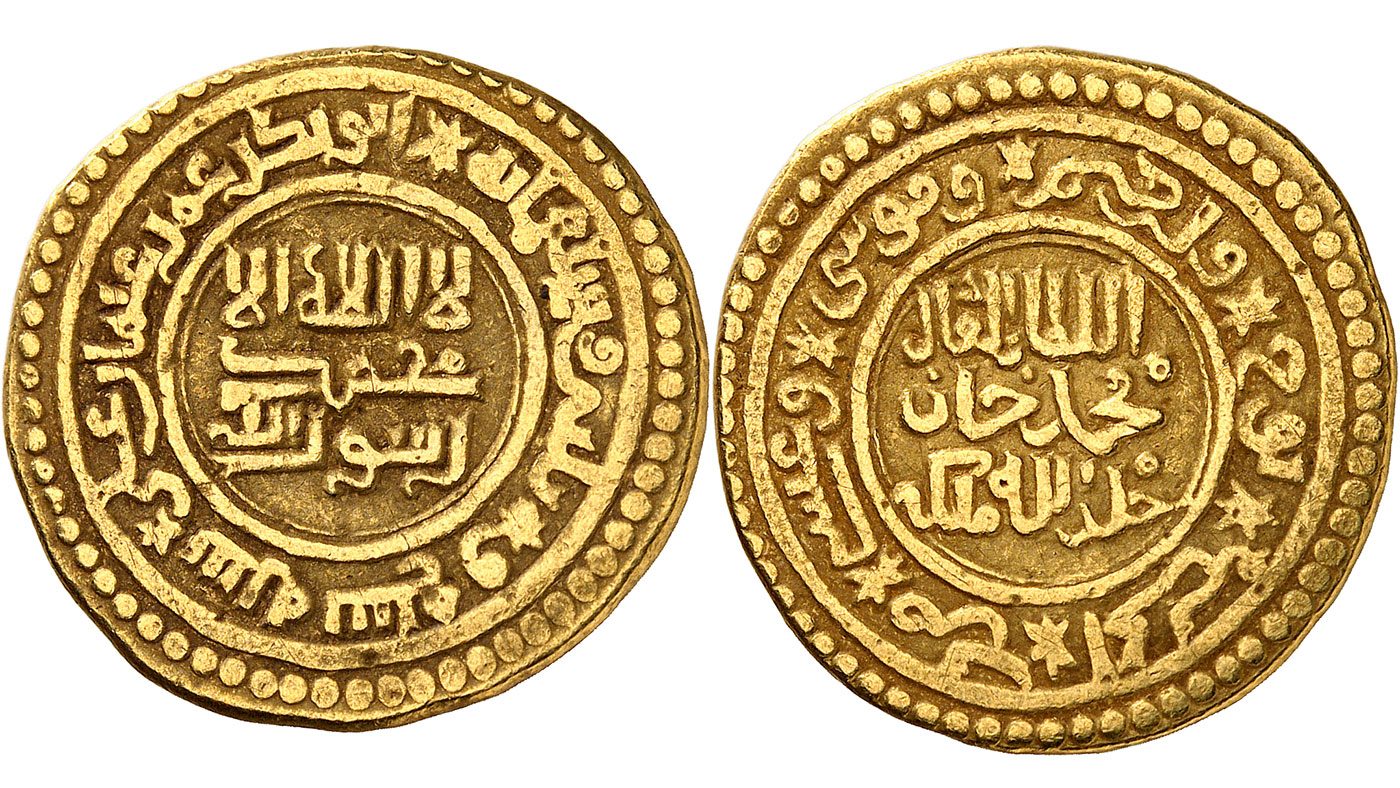
Get the latest financial news, insights and expert analysis from our award-winning MoneyWeek team, to help you understand what really matters when it comes to your finances.
You are now subscribed
Your newsletter sign-up was successful
Want to add more newsletters?

Twice daily
MoneyWeek
Get the latest financial news, insights and expert analysis from our award-winning MoneyWeek team, to help you understand what really matters when it comes to your finances.

Four times a week
Look After My Bills
Sign up to our free money-saving newsletter, filled with the latest news and expert advice to help you find the best tips and deals for managing your bills. Start saving today!
At a time when borders are closing around the world, we might reflect on what helped to open them in the first place – trade. In the caravans traversing the deserts and the dhows the seas over the centuries, rode ideas. The exchange of those ideas led to greater understanding between peoples. It’s when trade barriers go up that often physical ones do too – witness Donald Trump’s “The Wall”. But it’s not just the traders who conveyed messages to foreign lands. The coins in their pockets did too (and still do) in what was written on them by rulers.
One coin, for example, a dinar (pictured top) from 1336 that forms part of the Coins of Islam: History Revealed exhibition, currently on at the Sheikh Zayed Grand Mosque Centre in Abu Dhabi until the end of the month, bears the names of the prophet Muhammad and his four caliphs on one side (Abu Bakr, Umar, Uthman and Ali). On the other, the names of four figures revered in Christianity, and as pre-Islamic prophets in Islam, are written: Noah, Abraham, Moses and Jesus. It is “among the earliest evidence of Christian-Islamic dialogue”, notes a release for the exhibition. And this at a time when the (Christian) Byzantine and (Muslim) Ottoman empires were otherwise at each other's throats.
Coins such as these are silent witnesses – or as Dr Alain Baron, the curator and co-organiser of the exhibition puts it, they are “the last witnesses of living history”. As portable, practical items, theirs is a physical sort of history. The exhibition of 300 coins is “one of the most important collections in the world by far”, says Baron, who is also the founder of Swiss-based specialist coin auction house and research institution, Numismatica Genevensis. As you might expect, the coins run the gamut of Islamic history, but there are also Egyptian, Roman and later European coins. Whether written in Arabic, Greek or French, these coins come together in a dedicated pavillion to tell the story of the role of women through history – “a role”, says Baron, that “has always been understated in our patriarchal civilisations”.
MoneyWeek
Subscribe to MoneyWeek today and get your first six magazine issues absolutely FREE

Sign up to Money Morning
Don't miss the latest investment and personal finances news, market analysis, plus money-saving tips with our free twice-daily newsletter
Don't miss the latest investment and personal finances news, market analysis, plus money-saving tips with our free twice-daily newsletter
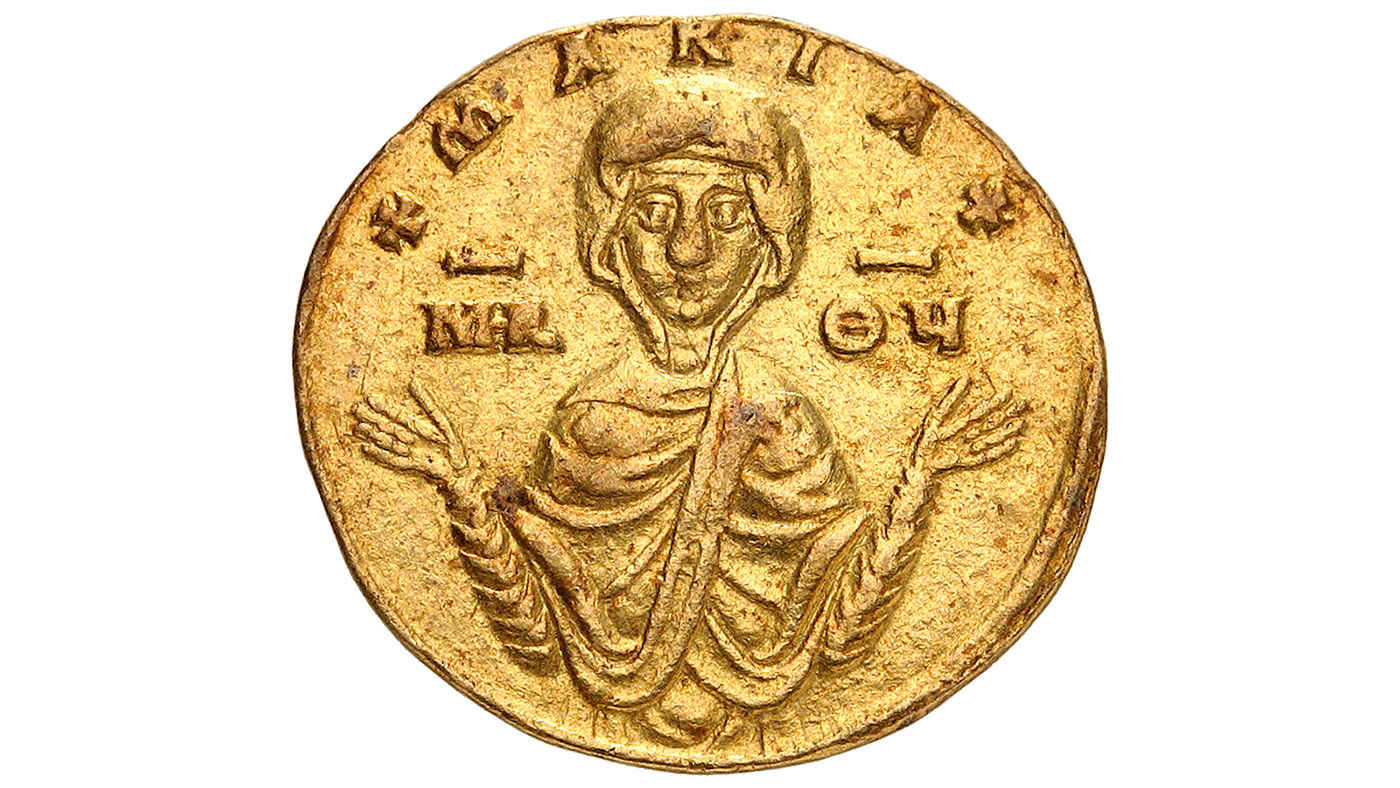
For example, there’s a coin depicting Berenice II of Egypt, who was the third wife of Ptolemy III. She ruled the kingdom in his stead, while he was cavorting on his military campaigns. The Virgin Mary (Maryam in Islam – pictured) makes an appearance on a Byzantine gold solidus from the ninth or tenth century. There’s another coin bearing the face of Faustina the Elder, the wife of Roman emperor Antoninus Pius. She was a promoter of education, especially that of girls. She was also something of a trend-setter, credited with introducing a popular hairstyle in the Roman world. The early Islamic world is represented by a silver dirham bearing the name of Zubaidah bint Ja’far (766-831) in Arabic. An Abbasid princess, she organised the building of extensive water works near Mecca, including the construction of an aqueduct.
These coins would have been traded across vast distances. Even if the people into whose possession they came couldn’t read what was on them, they still provided tantalising evidence of faraway lands to, for example, Scandinavia where they were prized by Norse traders no less than by collectors today. That’s why last October a gold Umayyad dinar from 723, one of the first to mention a location within present-day Saudi Arabia, sold for £3.7m. Nevertheless, Baron believes Islamic coins are currently “underpriced”. Prospective buyers should look for “unique”, he adds. “From $10,000, you can have access to exceptionality.”
To an outside observer, Abu Dhabi might seem like an unlikely place to hold an exhibition that looks at the roles of women in history. Human Rights Watch has highlighted areas of concern in the United Arab Emirates, which includes Abu Dhabi. But then, it should also be noted that the exhibition’s patron, Sheikha Fatima bint Mubarak of the ruling Al Nahyan family, has been lauded by the UN for her role in promoting women’s rights. It’s an ongoing discussion and that is precisely the point. Whatever your views or politics, this exhibition is yet another example of using coins to convey a message – this time, one of tolerance and the story of Islam. The coins, even centuries later, still speak to us
Get the latest financial news, insights and expert analysis from our award-winning MoneyWeek team, to help you understand what really matters when it comes to your finances.

-
 MoneyWeek Talks: The funds to choose in 2026
MoneyWeek Talks: The funds to choose in 2026Podcast Fidelity's Tom Stevenson reveals his top three funds for 2026 for your ISA or self-invested personal pension
-
 Three companies with deep economic moats to buy now
Three companies with deep economic moats to buy nowOpinion An economic moat can underpin a company's future returns. Here, Imran Sattar, portfolio manager at Edinburgh Investment Trust, selects three stocks to buy now
-
 Where to look for Christmas gifts for collectors
Where to look for Christmas gifts for collectors“Buy now” marketplaces are rich hunting grounds when it comes to buying Christmas gifts for collectors, says Chris Carter
-
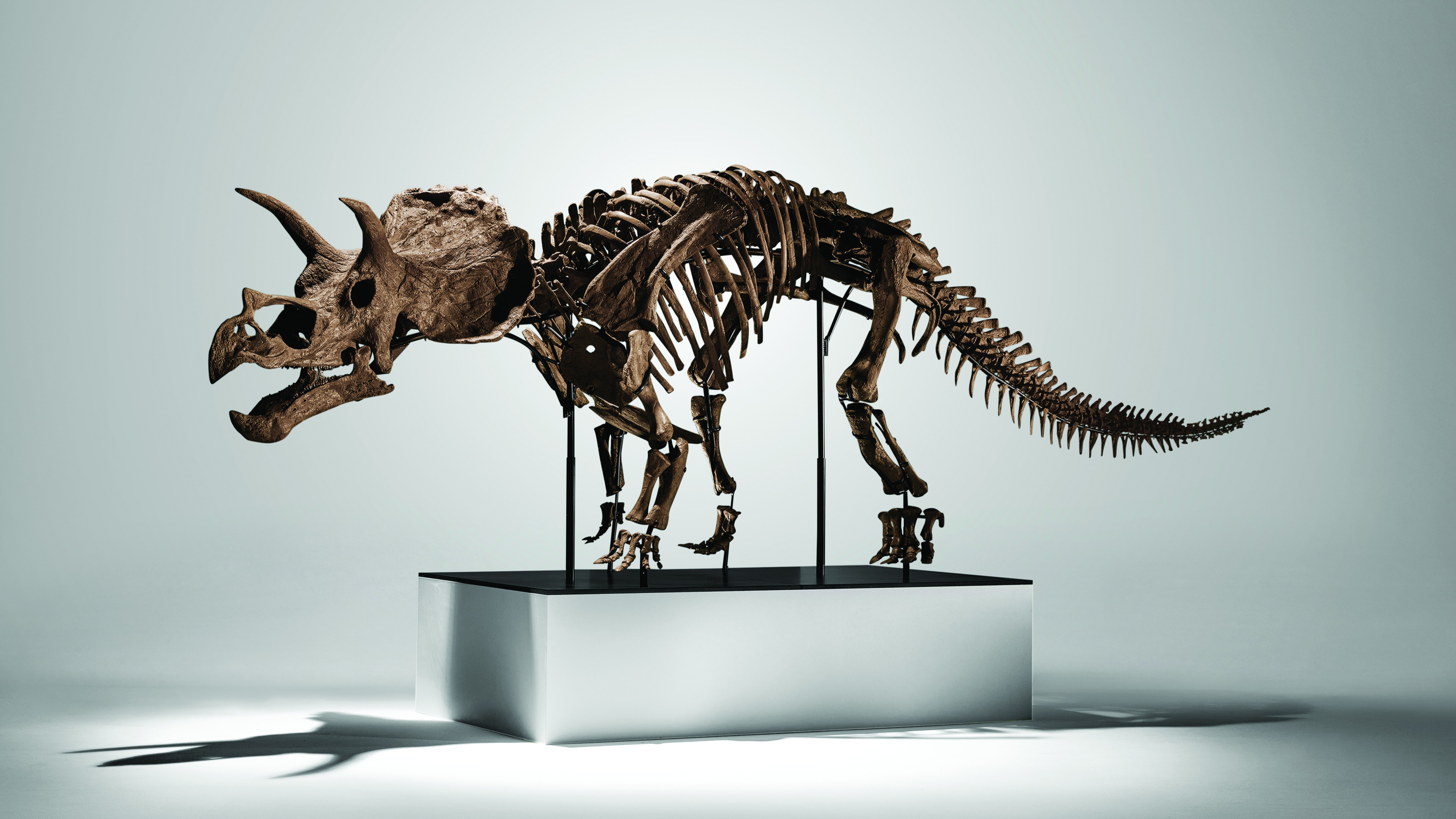 How dinosaur fossils became collectables for the mega-rich
How dinosaur fossils became collectables for the mega-richDinosaur fossils are prized like blue-chip artworks and are even accelerating past the prices of many Old Masters paintings, says Chris Carter
-
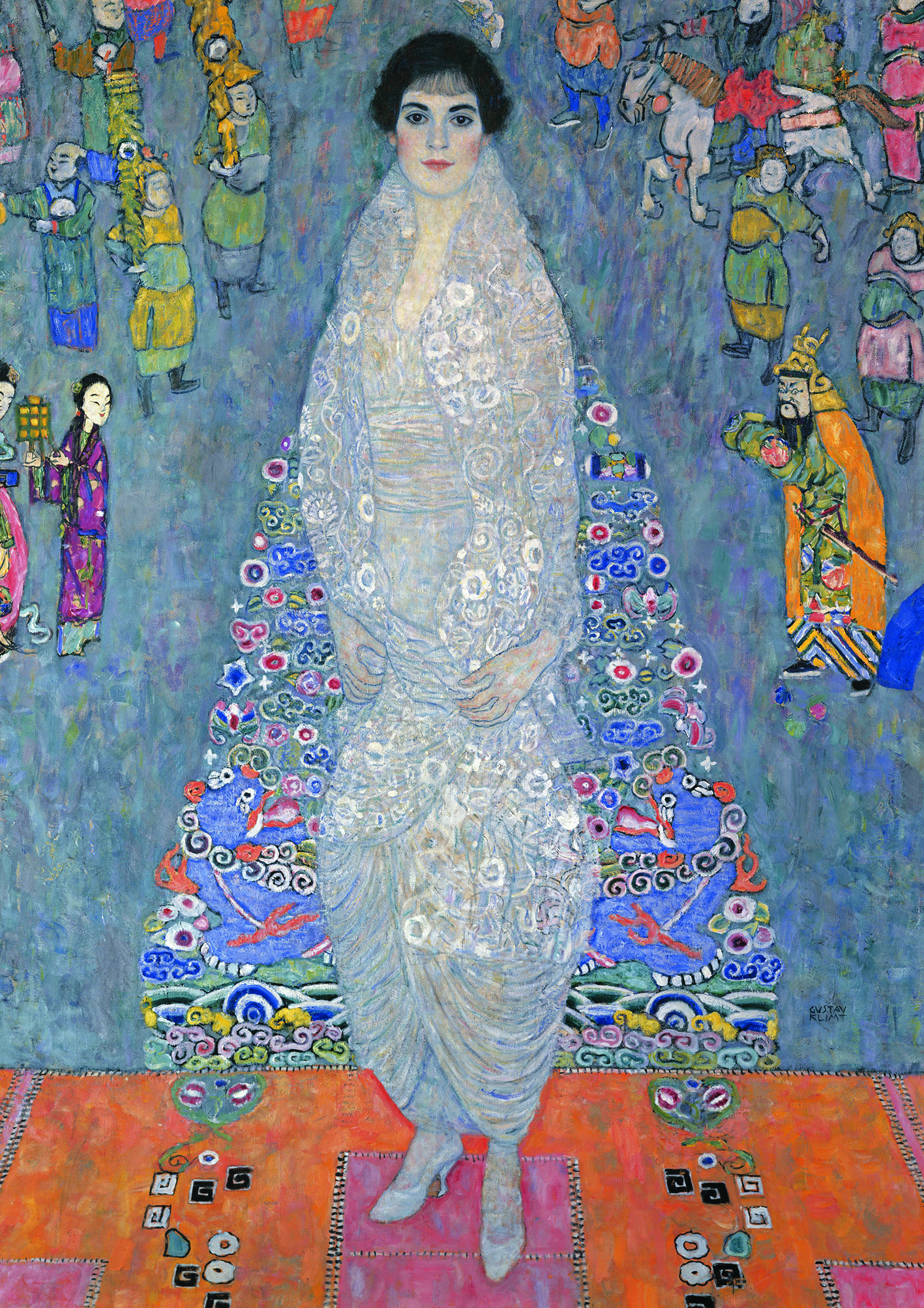 Sotheby’s fishes for art collectors – will it succeed?
Sotheby’s fishes for art collectors – will it succeed?Sotheby’s is seeking to restore confidence in the market after landing Leonard Lauder's art collection, including Gustav Klimt's Portrait of Elisabeth Lederer
-
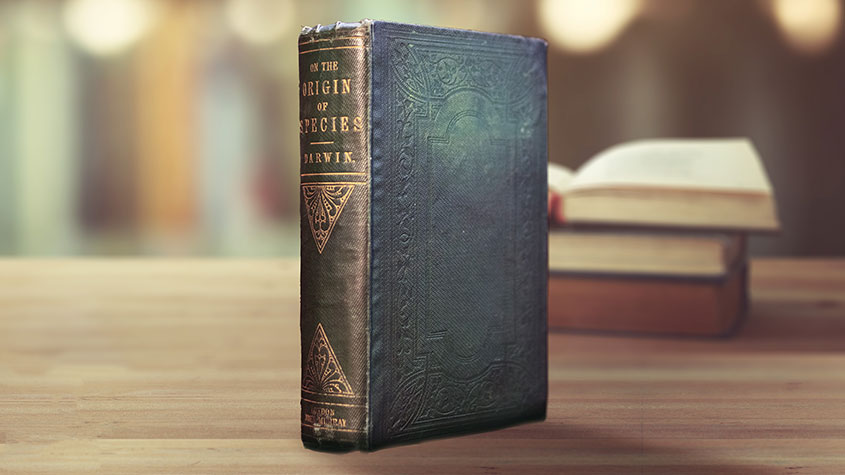 Own your share of Darwin’s £275,000 First Edition
Own your share of Darwin’s £275,000 First EditionAdvertisement Feature A one-of-a-kind opportunity to own a share in a 163-year old first edition copy of “On the Origin of Species” from only £50 through fractionalisation.
-
 Why now is a good time to buy diamond miners
Why now is a good time to buy diamond minersCover Story Demand for the gems is set to outstrip supply, making it a good time to buy miners, says David J. Stevenson.
-
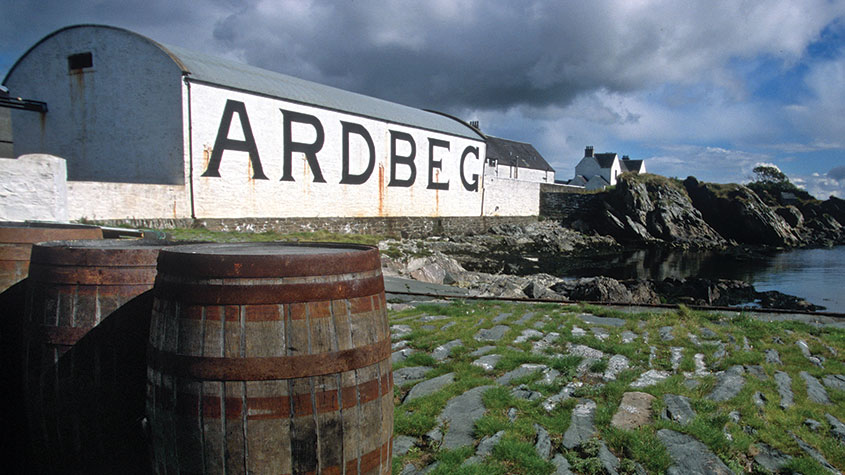 Collecting rare whisky: a £16m tipple served with froth
Collecting rare whisky: a £16m tipple served with frothFeatures The market in rare whisky is looking very bubbly, says Chris Carter, with a 1975 cask of recently selling for £16m.
-
 Classic car collectors step on the gas as prices rise
Classic car collectors step on the gas as prices riseReviews Prices in classic-car markets are starting to look frothy
-
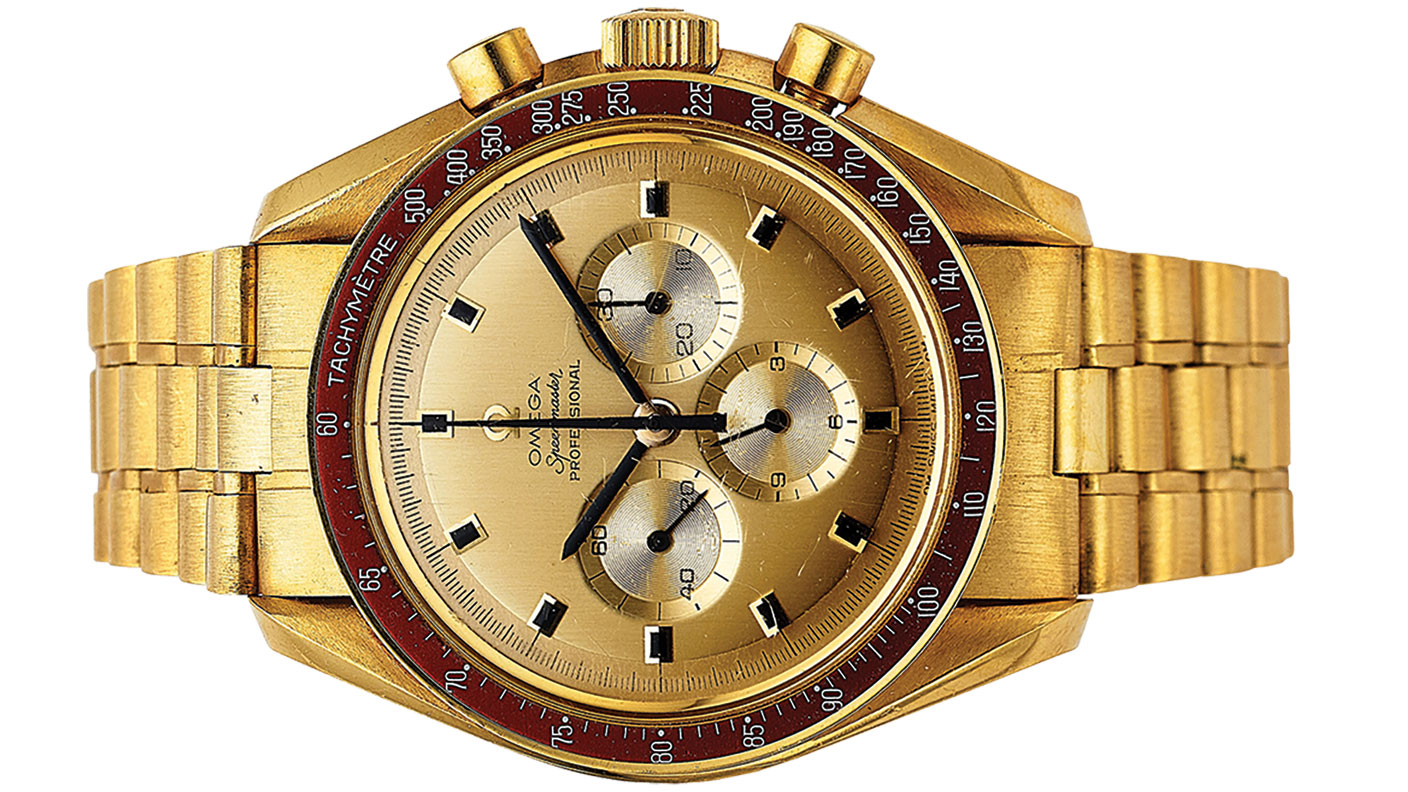 Boom times for the collectable watch market
Boom times for the collectable watch marketFeatures Vintage and collectable watches are setting records at auction. Chris Carter reports.